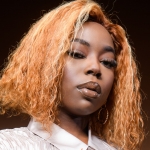 Alicia Raye’s brand of R&B and pop is up to the brief, with hooks that you’ll have spinning around your head all day. But before this, she was the girl that sounded like Rihanna. “I was on a couple of other artists’ songs doing backing vocals,” she explains. “I remember one of my friends starting this rumour where he took a video of his song and said, ‘Can’t believe I got Rihanna on my track’ and people believed him somehow. And then he said it was really Alicia Raye, and put my handle out there. That’s when people really started paying attention.”
Alicia Raye’s brand of R&B and pop is up to the brief, with hooks that you’ll have spinning around your head all day. But before this, she was the girl that sounded like Rihanna. “I was on a couple of other artists’ songs doing backing vocals,” she explains. “I remember one of my friends starting this rumour where he took a video of his song and said, ‘Can’t believe I got Rihanna on my track’ and people believed him somehow. And then he said it was really Alicia Raye, and put my handle out there. That’s when people really started paying attention.”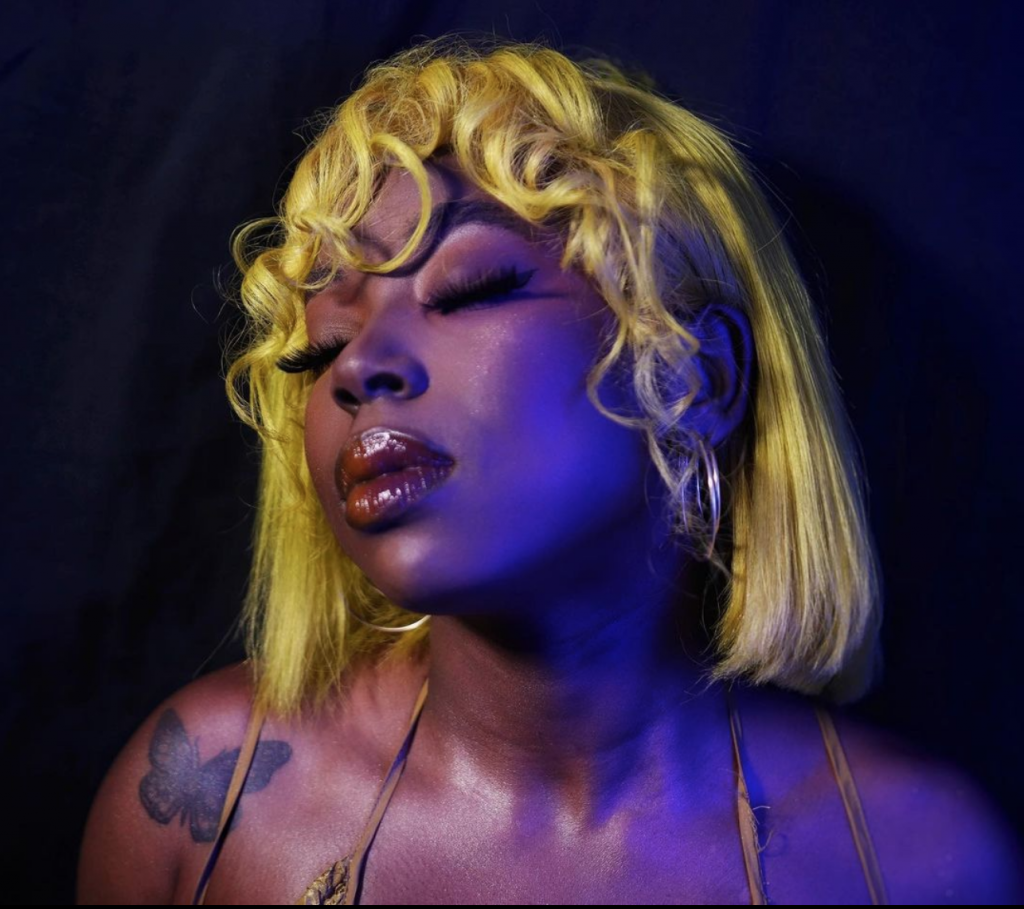
Raye who spent years behind the scenes as a songwriter, struggled with confidence in her own ability. “I didn’t have that much self-confidence even though I had self-belief. They go hand and hand, but I believe the two are mutually exclusive of each other. You might really believe in yourself, but you might not have the confidence, and that was my issue.”
Before she’d even had a gig, a song on SoundCloud attracted a global star who had her open up for him on his tour. “When I was doing my soundcheck, I found out Wizkid was in the building. That’s when the nerves started kicking in and then I met him. We were literally the same height, and he was just so down-to-earth. He was so kind and said, ‘Good Luck, you’re gonna kill it’. I went out and I killed it. He watched it and I was delighted.”
Raye became one of the trailblazers in Irish R&B and created a mixtape, Alphabet (Irish Collaborative Tape), curating established and upcoming acts like Erica Cody and Jordan Adetunji. “Up until I released Alphabet, I was in a completely different lane. I got to make as much music as I wanted. I got to collab with every single Irish artist that I wanted to collab with. Twenty six songs. It took a lot out of me, and I didn’t realise it until a year after.”
Raye now ensures that other artists are protected from the pitfalls of the music industry through ALAYEX, her new artist management company. “I know there are many creatives who don’t have management, don’t have guidance, they don’t have a support system. They don’t have someone to encourage them, someone they can bring stuff to and be like, ‘Hey, what do you think of this?’. That’s why I started ALAYEX.”
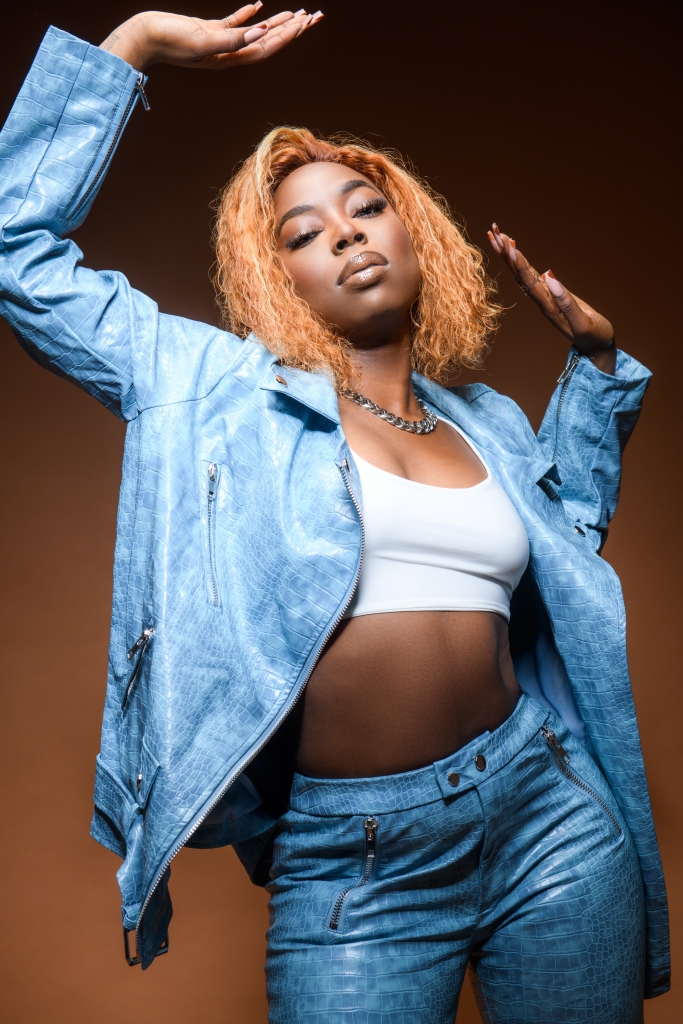 Her desire to succeed comes from the roadblocks she has encountered. She came to Ireland as child refugee from Cameroon. She is open about her experiences in Direct Provision.
Her desire to succeed comes from the roadblocks she has encountered. She came to Ireland as child refugee from Cameroon. She is open about her experiences in Direct Provision.
“As much as I want to be angry and I hate it, there would be no Alicia Raye without those Direct Provision centres. When you’re institutionalised, you’re not in the city centre. You’re not near where everything is happening. You’re just in the middle of the woods, away from everybody. It was shit but I met my best friends of 15 years. And it allowed me to recognise the importance of seeing someone who is like yourself or has gone through what you went through. I didn’t have that growing up. I was just young in a little bungalow of a house with my whole family living there.”
Raye teaches a music class at Clondalkin Direct Provision Centre in Dublin. “I can only go there once a week and teach them music and show them that with the talent they have, they can get somewhere. I was their age and had someone come in to do activities with me. Just try and keep that hope burning and remind them, never ever lose hope. Doesn’t matter what you’re doing, where you’re from.”
Josh Henry
(This profile is extracted from Issue 10 of Dig With It magazine. See here for our online shop)







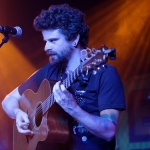
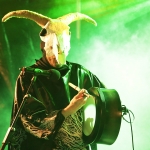

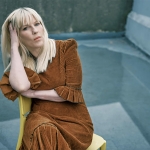
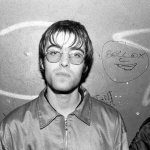
 Twitter
Twitter